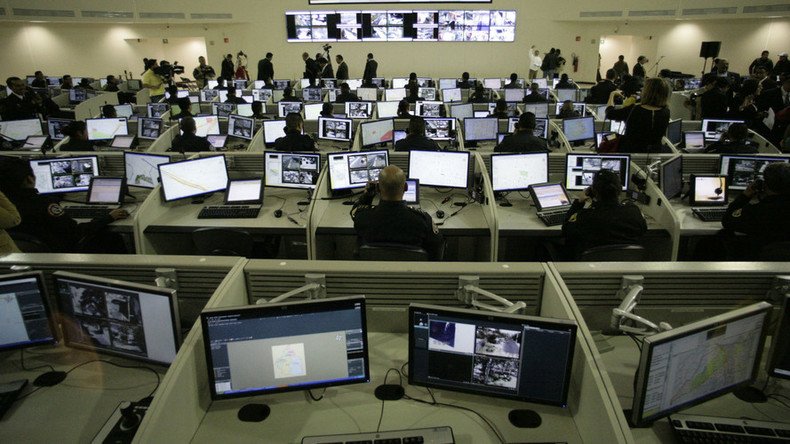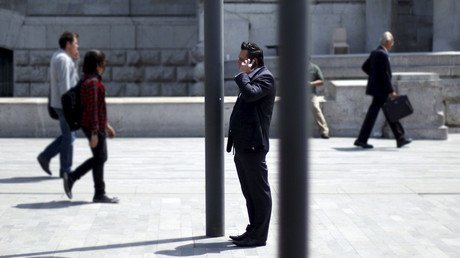Cyber-redcoats? British spies want access to US tech firms’ data

UK and US negotiators are in talks to allow British security services to wire-tap American firms such as Facebook and Google in their hunt for criminals and terrorists, but experts warn of a constitutional clash.
If successful, the British would be able to gain warrants to demand access to UK citizens’ private communications on Facebook and email.
The previously secret talks, which were first reported in the US press on Thursday, are an attempt to address difficulties faced by the UK in looking at its citizens’ private communications if they are made using US-run communications products.
The Washington Post says the nations have already agreed a draft on which to base their negotiations.
The new measure would not allow the UK access to American citizens’ private communications without additional congressional approval.
Some concerns have been raised about the legal standards required for a warrant to be issued, a topic which is not addressed in the negotiation draft.
A wiretap does not appear to need ‘probable cause’ as required for warrants under US law. In the UK all that is required is the approval of the home secretary.
Eric King, a lecturer in surveillance law at Queen Mary University, London, told the Washington Post that US officials must try to raise the required standards.
If they do not “they’re going to allow a country that doesn’t require independent judicial authorization before getting a wiretap to continue that practice, which seems to be a pretty fundamental constitutional protection in the United States,” he said.
Other experts warn the move could lead to a “sea change” in surveillance laws.
Gregory Nojeim, a lawyer at Washington’s Center for Democracy & Technology, said: “I’m very concerned that this agreement could represent a dumbing down of surveillance standards that have always pertained in the United States.
“Enabling foreign governments to conduct wiretapping in the United States would be a sea change in current law. I don’t see Congress going down that road,” he added.












